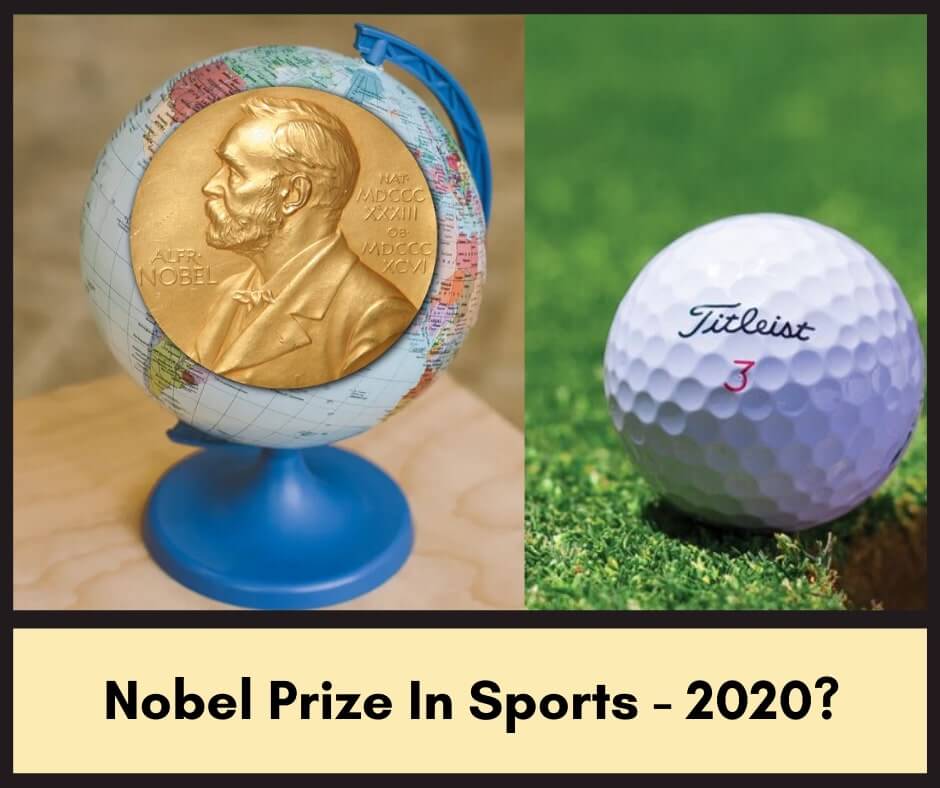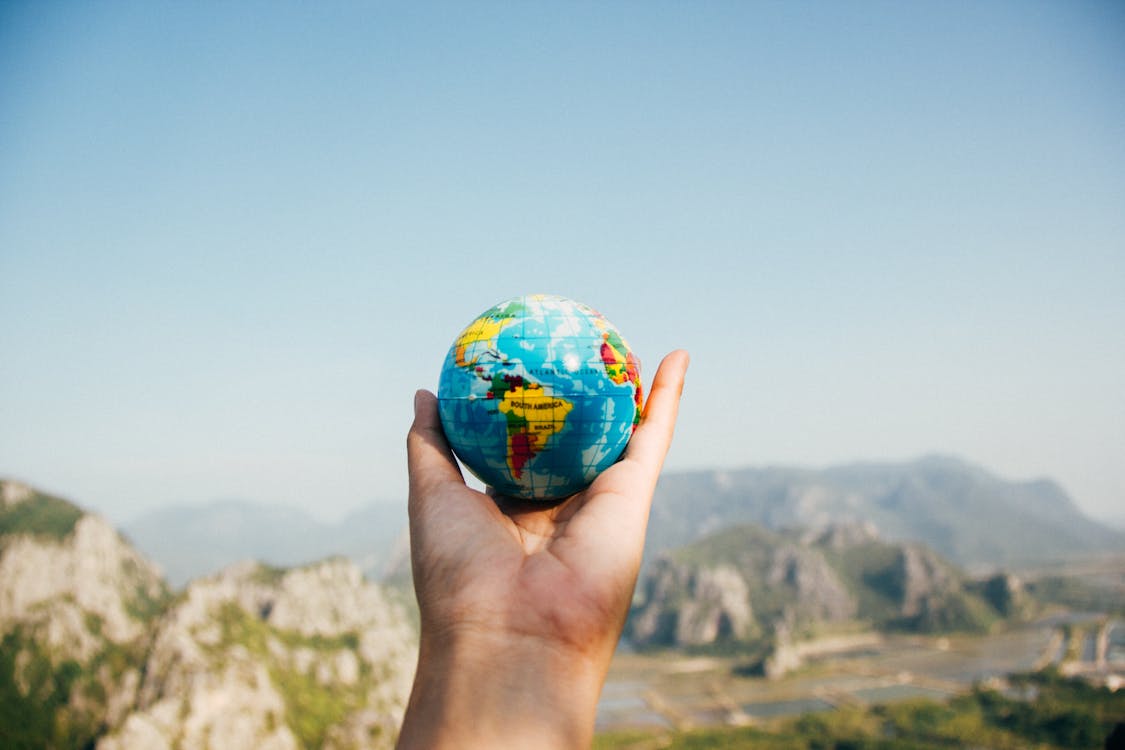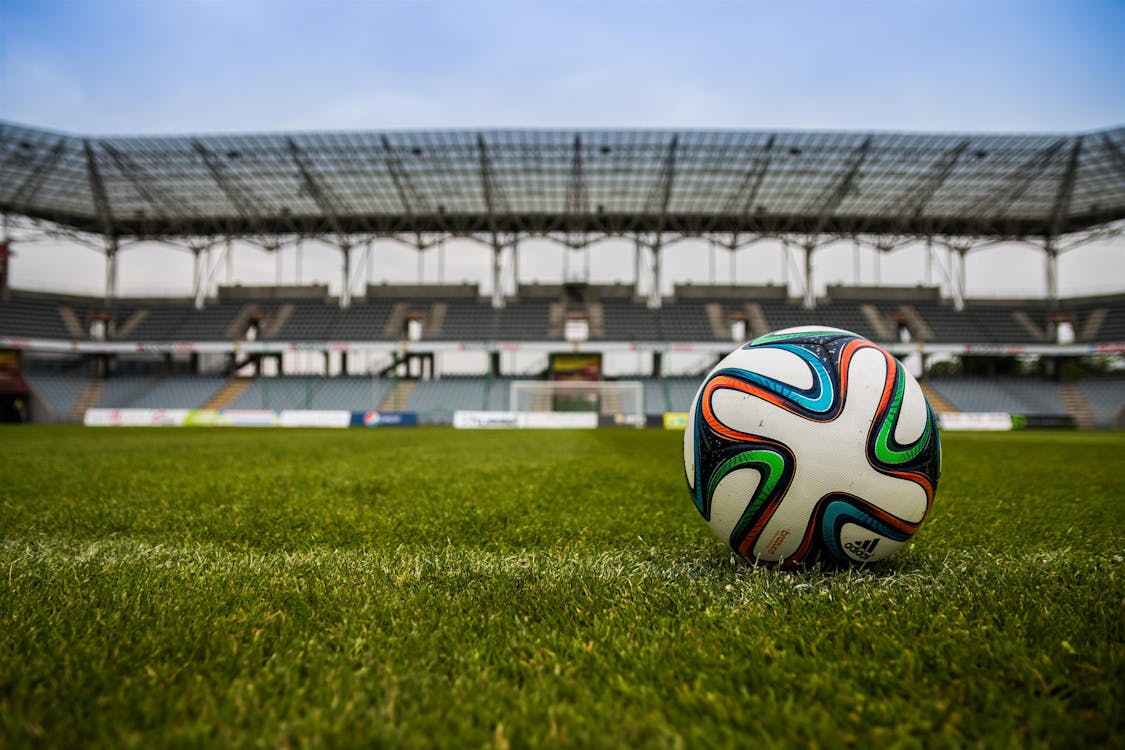Why Nobel Prize Is Not Awarded To Players And Athletes In Sports? Nobel Peace Prize

There are a countless number of sports in the world. And, directly or indirectly each sport champions the cause of the people and mankind as a whole. Strange enough, there is no Nobel Prize in Sports category nor has any sportsperson ever received Nobel Peace Prize. The only silver lining was when Soccer received a nomination for Nobel Peace Prize in 2001 by Swedish Politician Lars Gustafsson.
If you are a fan of this game, then you should buy attractive Wholesale Soccer Jerseys to show your love and respect for it.

Nobel Prize is currently awarded in six categories, including Physics, Chemistry, Medicine, Literature, Peace, and Economics. Initially, only the first five categories were there, but Economics or Economic Science was later included as a Nobel Prize category in 1968.
Alfred Nobel, the Swedish scientist, is best known for his invention of dynamite that handed him with unprecedented fame and immense wealth in those days. He later utilized the fund to recognize the contributions of great people for great causes.
In 1901, three years after Alfred Nobel’s death, the Nobel Committee started presenting Nobel awards every year to meritorious individuals and organizations for their extraordinary inventions and research into the above-mentioned subjects. As per official records, 919 individuals, and 24 organizations have already received Nobel awards until now. (as on July 25th, 2020).
However, not a single sportsperson, an athlete or sports body, has ever received the Nobel Prize by now.
Though soccer was nominated for the covet honor, yet in 2001, Kofi Annan, the then UN Secretary General, and the UN jointly got the Nobel Peace Prize for that year.
So, there is a full possibility that we might see sportspersons and athletes receiving a Nobel Prize in the near future.

A Sportsperson Is in a League of His Own
Undisputedly, a sport is an only social tool or phenomenon that promotes equality, liberty, and fraternity without attaching itself to any particular political ideology. It is for this very reason; people say that Sports unite people all over the world irrespective of caste, creed, race or politics.
Players and athletes relentlessly keep playing to entertain people while ignoring the risk factors involved in any sports.
Can you dare to ignore or overlook the very fact that several sportspersons are still playing and doing their jobs when others are stuck at their homes because of the worldwide Coronavirus Pandemic and ensuing lockdowns?
No. Athletes can never have working-from-home luxury .
The contribution of sports to international peace is immense. It’s unique and irreplaceable. It can make people happy, sad, or angry at the same time.
Who can forget the sudden demise of the 25-year-old Aussie cricketer, Philip Hughes? We lost him in 2014. It was highly emotional and an earth-shattering accident. Such is the risky nature of sports that a player never knows what will happen to him on the field, yet he keeps on playing. Such is the spirit, courage, and determination of an athlete.
The recent case of a world-class F1 racer Michael Schumacher’s accident and his slipping into a coma is equally heart-wrenching. It’s too distressing to witness a sportsperson languishing on his hospital bed.
Players play to make their nation proud and fans happy. It is their constant urge to build a borderless world that keeps them ahead of others.
How Can Sports Bring World Peace In Real?
Though ignored by the Nobel Committee for the last 115 years, sports continue to promote world peace every single time.
1) In the context of South Asia, cricket often assumes the role of bilateral diplomacy to ease tensions between India, Pakistan and other nations as well.
2) Football compelled warring South Korea and North Korea to send a united national team to participate at the 1991 Junior World Championship in Portugal sans any diplomatic deliberations between them.

3) It was the very essence of sports that united the whole world against racism in South Africa during the late 70s and 80s era. The cricket fraternity completely boycotted the nation from participating in any international cricket events.
The decision was only reversed in the year 1992 when all forms of apartheid were abolished in South Africa, and Nelson Mandela was sworn in as their new president.
The Conclusion
Sports certainly bring in all countries together on a single platter at global sporting events such as FIFA, Olympics, or the Cricket World Cup while disseminating the message of humanity and world peace.
Today or tomorrow, the probability of sports getting included in the Nobel awards category will find the light of the day. Sport is an only instrument that has the capacity to bind people worldwide with a thread of love, peace, fraternity, and happiness.


